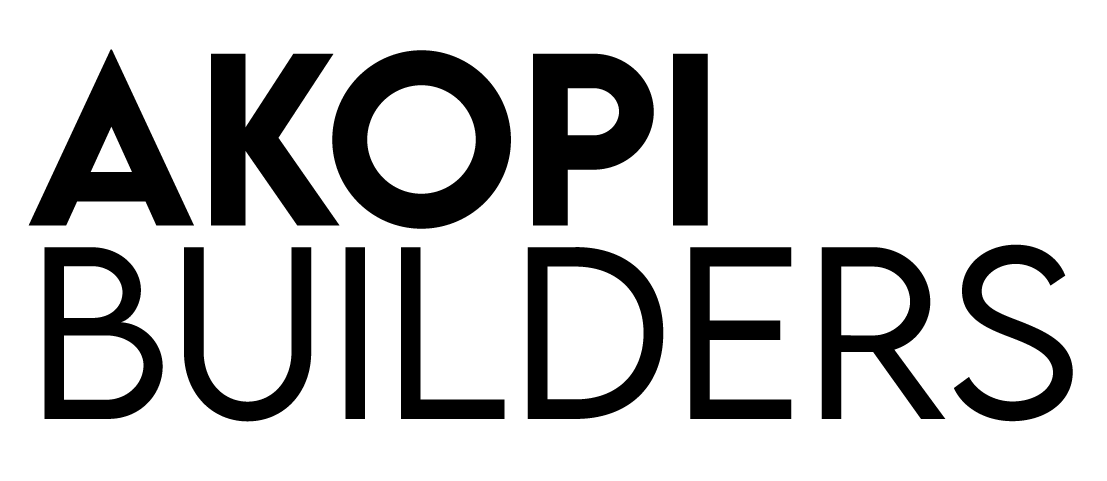As you navigate the complexities of building your own home without the oversight of a general contractor, one of the most crucial, yet often overlooked, aspects of project management is documentation. Keeping detailed construction records throughout the home-building process serves as a comprehensive diary of your project. These records will provide a historical account of decisions, changes, and progress. I’m Hovik Akopyan, and from my experience, I can attest that meticulous documentation can save you time, money, and headaches. In this section, we’ll discuss the importance of record-keeping and how to effectively document your construction project.
The Importance of Documentation
The importance of documentation in construction cannot be overstated. Documentation plays several critical roles in construction management:
- Legal Protection: Documents can serve as legal evidence in case of disputes with subcontractors, suppliers, or other parties. They prove what was agreed upon, what work was completed, and the timeline of events.
- Financial Tracking: Keeping receipts, invoices, and contracts organized helps in tracking your budget, managing payments, and planning for taxes. You can use a financial tracking app, a financial tracking spreadsheet, or other financial tracking tools.
- Quality Assurance: What is quality assurance? A good quality assurance definition is knowing that your home is being built with quality in mind. And you will only know this if you keep precise and detailed records of materials used, work completed, and inspections conducted. This helps you ensure that all aspects of your project meet the required standards.
- Change Management: Construction projects often experience changes. Documentation provides a clear trail of why changes were made, who authorized them, and how they affected the budget and timeline.
What to Document
To maintain a thorough project diary, here are key items to document:
- Contracts and Agreements: Keep signed copies of all contracts and agreements with subcontractors, suppliers, and any other service providers. This includes scope of work, payment terms, and any warranties or guarantees. Knowing how to keep records contracts efficiently is critical, since you will be very busy overseeing your home build.
- Permits and Inspections: File copies of all permits acquired and inspection reports. These documents are crucial for proving your project’s compliance with local regulations.
- Plans and Specifications: Maintain copies of your project’s architectural and engineering plans, including any revisions made during construction.
- Financial Records: Track all project expenses, including quotes, invoices, receipts, and proof of payments. This also includes detailed records of any financing or loans taken out for the project. Develop the best financial tracking system for you.
- Meeting Minutes and Correspondence: Document the key points discussed in meetings with your team, as well as any important email or written correspondence related to the project.
- Photos and Videos: In any construction project, visual documentation can be incredibly useful. What is visual documentation for construction? It includes photos and videos of the work progress, specific installations, and finished work for future reference. Take pictures regularly to complete your documentation.
Organizing Your Documentation
Efficient organization of your documents is just as important as the documentation itself. Consider the following tips for keeping your records organized:
- Digital Storage: Use cloud storage services to keep digital copies of all documents. This ensures they are safe from physical damage and easily accessible.
- Physical Files: For original documents, maintain organized files or binders, sorted by category (e.g., contracts, finances, permits). You may wonder, why is it important to maintain a file of both paper and digital financial records? Two reasons are, first, that you may need the original document at some point, and second, both digital and paper documents can be lost. So, it’s always best if you have both versions.
- Regular Updates: Make documentation a regular part of your routine. Set aside time weekly to update your files and ensure everything is accurately recorded.
Conclusion
Documenting your construction project by keeping daily construction records might seem like a daunting task amid all the other responsibilities you’re juggling. However, the effort you put into keeping detailed records will prove invaluable over the course of your project and beyond. It not only provides a clear overview of your project’s history but also equips you with the necessary tools to address any challenges that arise. By treating documentation as a critical component of your project management strategy, you ensure that your journey to building your dream home is well-informed, protected, and transparent.
In our previous section, the focus was on The Role of the Project Manager. If you missed it, I encourage you to go back and read through it now.
Next, we will explore the critical final touches and preparations for moving into your new home, emphasizing the importance of finishing strong and transitioning smoothly from construction to occupancy.






 Akopi Builders is a Los-Angeles-based general contractor focused on modern design, interiors and landscapes. From our inception, we have delivered exceptional works. As a full-service contractor.
Akopi Builders is a Los-Angeles-based general contractor focused on modern design, interiors and landscapes. From our inception, we have delivered exceptional works. As a full-service contractor.

